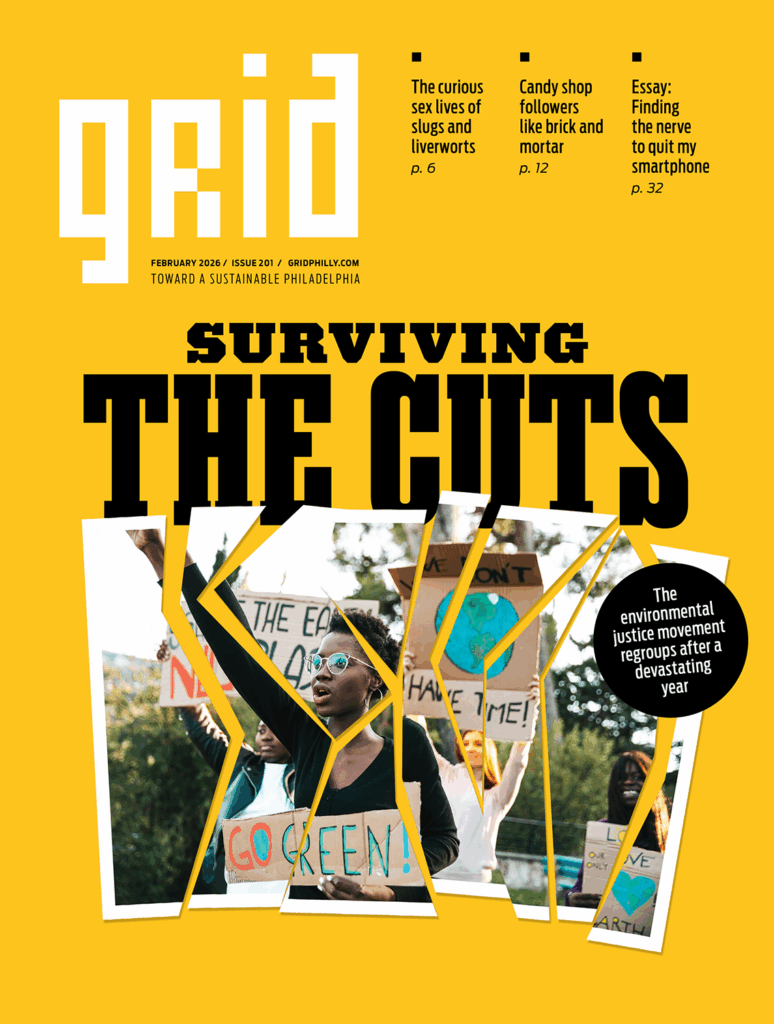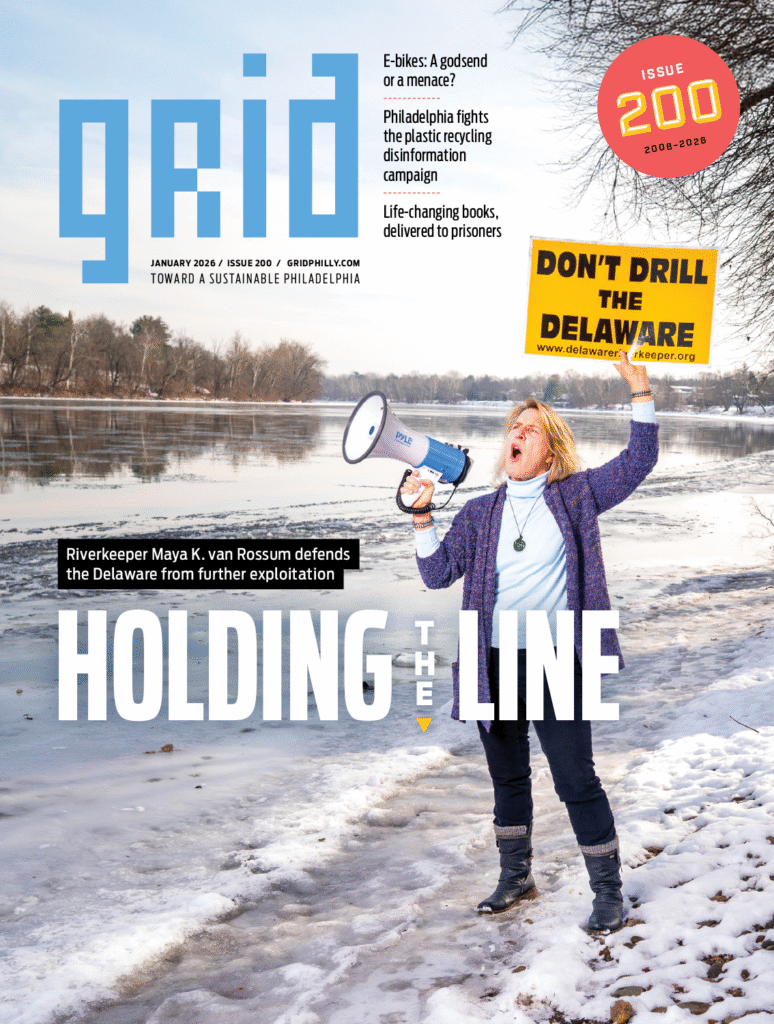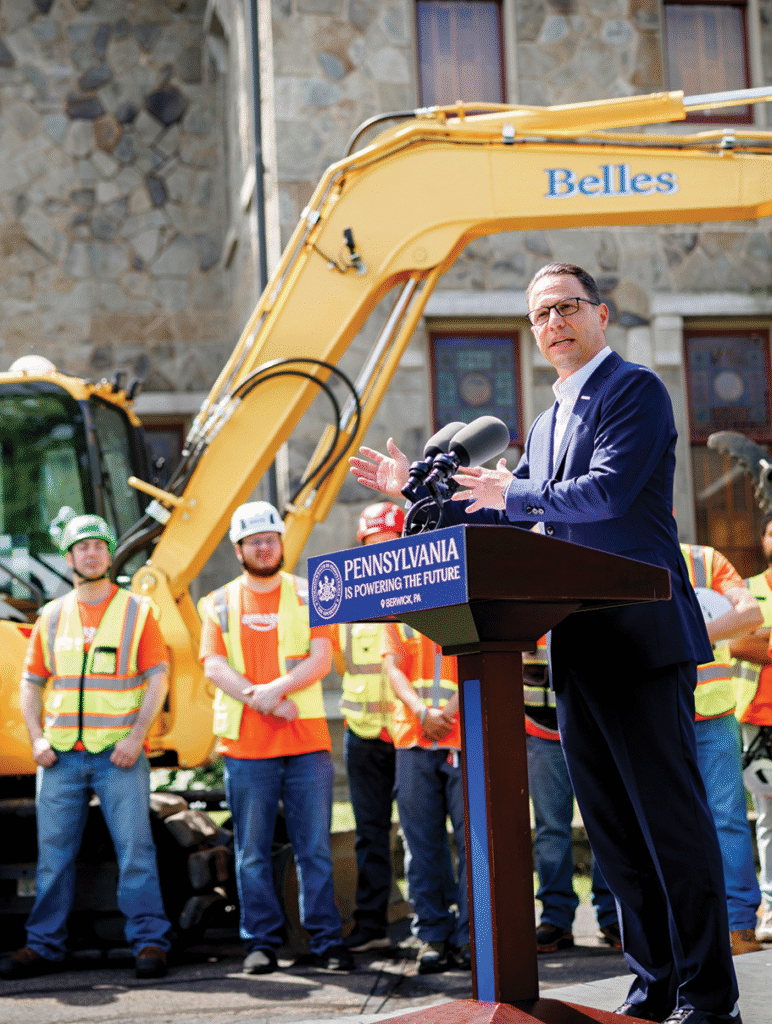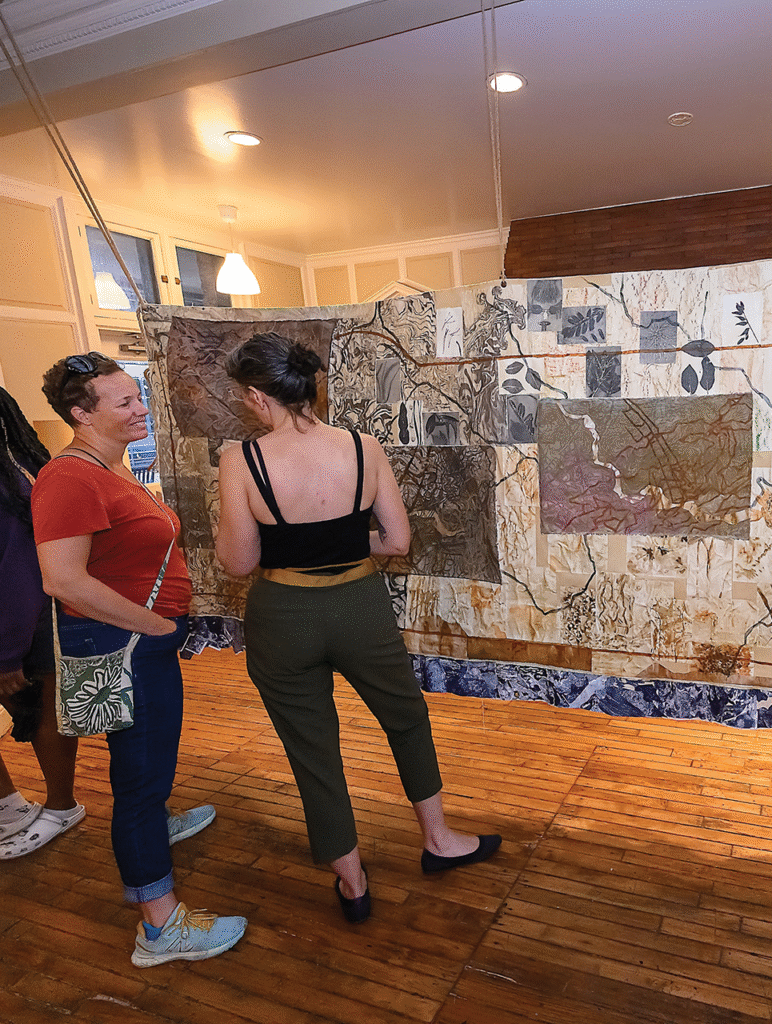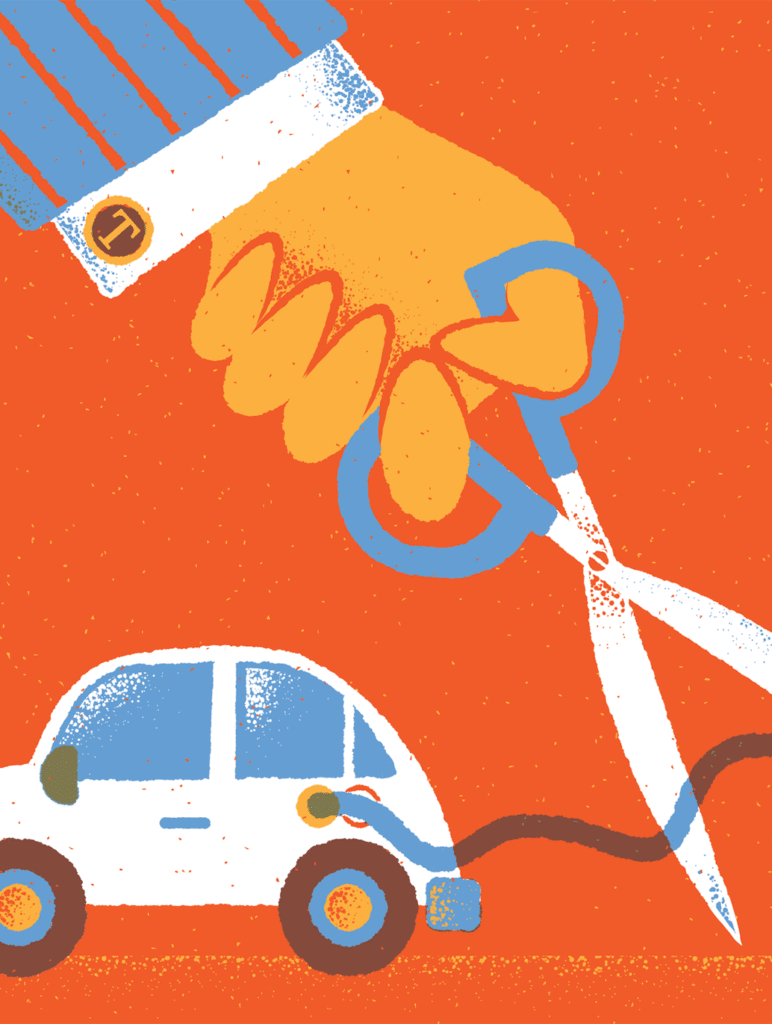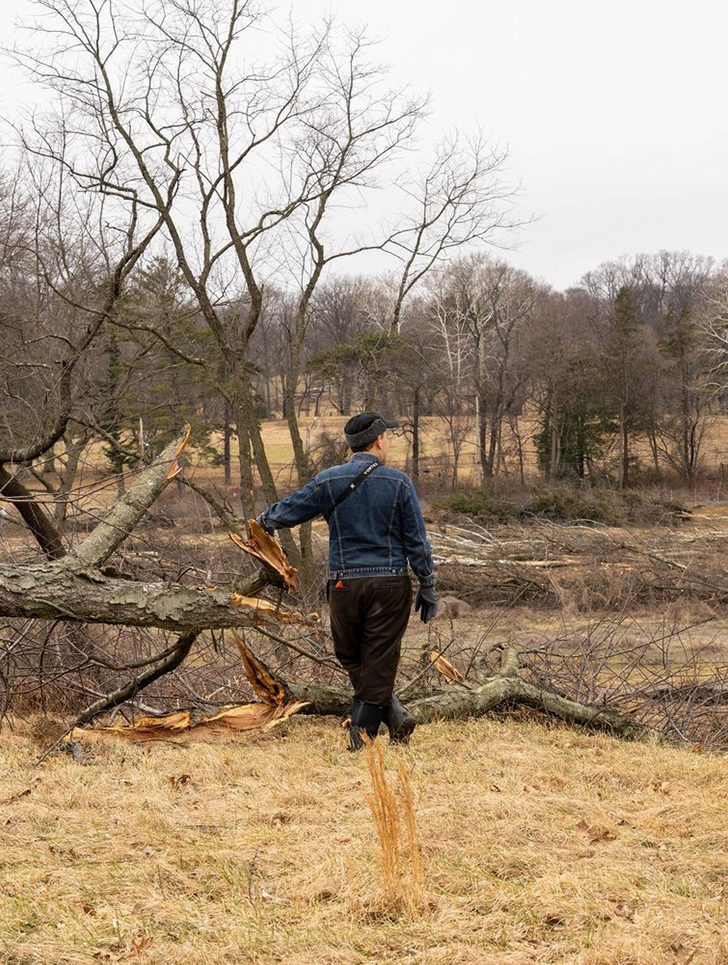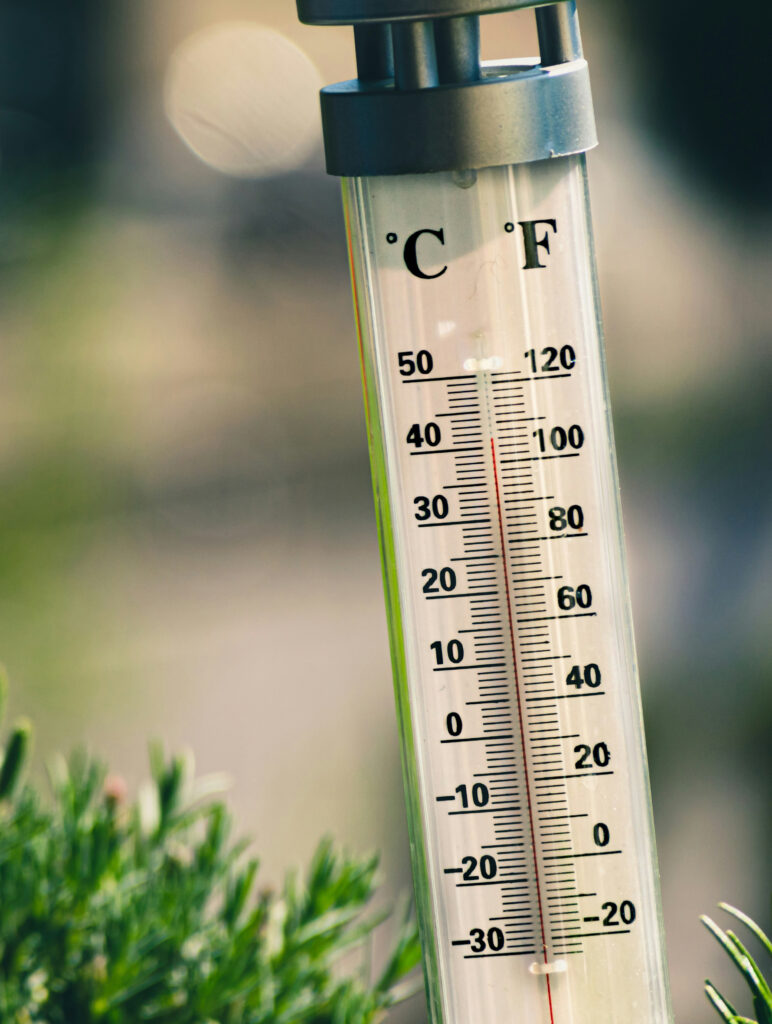It was going to be transformational. A place for neighbors to shelter during extreme heat or cold. To receive relief and support after natural disasters. To learn about large forces like climate change and environmental justice and understand how they intersect in this corner of South Philly called Grays Ferry. The building would host teach-ins
MoreDelaware Riverkeeper Maya K. van Rossum always knew 45 feet was a stopping point on the way down to 50. As head of the Delaware Riverkeeper Network, she led a three-decade battle against the Port of Philadelphia’s plan to deepen the Delaware River’s main shipping channel. Despite environmental concerns and a lengthy lawsuit, the project
MoreIn June, Pennsylvania Governor Josh Shapiro stood on the lawn of the historic Jackson Mansion in Berwick, Columbia County, to make an announcement in the works for nearly two years: Amazon, he said, would spend $20 billion to build two cloud computing and artificial intelligence (AI) data centers in Pennsylvania, one in Bucks County and
MoreIn 2023, Cheltenham-based artist Rebecca Schultz completed a yearslong art project, “Mapping Our Watershed,” by stitching together tree bark rubbings, monotypes, soil-water watercolors, leaf prints, drawings and other media to construct a map of Cheltenham and the Tacony watershed. In total, more than 60 people contributed 90 pieces of artwork to make up this textural,
MoreAs Philly gets hotter, air-conditioned community spaces and weatherized homes are becoming essential
In June at the Hunting Park Recreation Center, Ilianny Rodriguez, a senior at Esperanza Academy Charter School, was playing volleyball in the gym with her friends. She says that when it’s very hot, they cope by lying in front of the fan because the gym is not air-conditioned. Rodriguez has noticed that people try to
MoreIt’s easy to feel hopeless. A global disaster-in-progress can do that to you. There are 8.2 billion of us humans on this planet, and we are each so tiny, and, on our own, we each have so little we can do to fight climate change and adapt, when adaptation so clearly requires large-scale action. In
MoreA version of this story originally appeared in Hidden City in 2024 and is shared courtesy of that publication. For nearly two centuries, humans and Mother Nature have tangoed on League Island, the most southeasterly expanse of land in Philadelphia, known today as the Navy Yard. For the most part, humans have gotten the better
MoreWhen Grid was planning a home electrification guide for the January 2025 issue, the universe threw us a curveball. Donald Trump’s reelection cast doubt on the longevity of federal financial incentives for homeowners across the country to purchase solar panels, electric stoves, heat pump HVAC units and other climate-friendly technologies. So our guide, which walks
MoreMy daughter and I wended our way through the streets of our West Philly neighborhood, shunted block after block by fire department barricades. We were heading from a playground, where we had started the morning, to the supermarket, but there was a burning vacant apartment building in the way. As we followed the downwind side
MoreA new climate resiliency plan is in development for Philadelphia, with a new focus: community vulnerability. The work is being funded by $600,000 the Office of Sustainability (OOS) received in March from the William Penn Foundation. The City’s resiliency plan outlines climate change’s impacts on Philadelphia and how the City will meet the challenges they
More

